After His Peripheral Vision Loss, Joseph Became A Comedian
2020-07-26 | By Orcam Staff
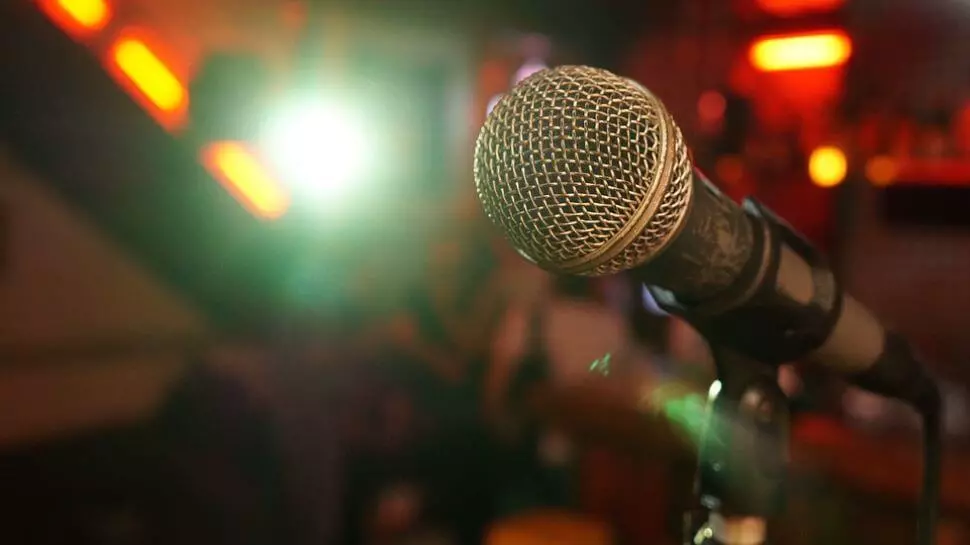
Success is not – only – about “being successful”, but perhaps more about building an “ensemble”, that is to say: to succeed. It is about being able to follow up with your past, “follow up” with others, and create connections in your life and with others. Success is building relationships, bridges, and links to enable meaning and self-esteem, and to create a framework where one can afford to relate to the past, projects, and to the surrounding world.
This month, Customer Success Management selected Joseph Simpson’s testimony of peripheral vision loss to exemplify one of the core aspects of the OrCam Customer Success mission, and OrCam as a whole: to help maximize the potential of our users and build deeper, easier, better relations for themselves, and the world. Here is his story in his own words.
Joseph Shares His Story of Peripheral Vision Loss
My name is Joey Simpson, and I went through peripheral vision loss at the age of 28. I woke up on Valentine’s Day 1996 to complete black, blind except for a small portion of the light that I could see on my left side. As I frantically tried to figure out what to do next, that light slowly faded until it was gone and my world was dark. I was fortunate enough to live in a community that had amazing doctors and services available, so I did not have to wait long to find out what had happened and that the damage was more than likely permanent.
At the time I was 8 months clean and sober from many years of extremely hard living, so I also had to come to grips with the fact that my behavior and substance abuse had significantly contributed to my peripheral vision loss. A few months after I went through peripheral vision loss, I completed the Oregon Commission for the Blind education program and started to relearn how to do things that I had done my whole life. During that time my wife got pregnant and we welcomed our new daughter into the world. I would love to say that is where the bad times ended, but my wife and I separated and I found myself a single father to my three stepchildren and my brand new baby.
I was coming apart at this point and struggling to find a reason to do anything other than stay home and wallow in my misery. My thoughts turned towards drinking again to ease the pain. I had to figure out how to navigate the world without being able to see, and the only way I could do that was to learn to see things differently. I credit my children the most for getting me through this time period because when a two-year-old is hungry, he does not care if his Daddy can see or not. He just wants his cheese noodles. Because of these needs that had to be filled, there was little or no time for the aforementioned wallowing. So, in my own home, I was not treated differently for what went wrong with my eyes, and I made it my goal to live that way outside my house as well.
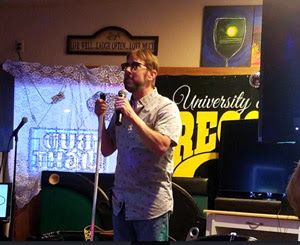
I got involved with the local recovery community and went back to college to learn how to help others get sober and reclaim their lives. I worked as an alcohol and drug counselor in my community for years until my reset button was hit once again and I had to start over another time. Both of my kidneys failed in 2003, and I wound up on dialysis and a transplant list. After 2 years on the waiting list, I got my new kidneys and pancreas but struggled to return to work because of ongoing medical issues that made it risky to hire me. So, I turned to volunteer work to fill my need to move forward and help the community.
Fundraising for schools, recovery groups, children’s theatre, the board of directors for Headstart, the local Community Action Networks, and so on. I would have to write another 3 pages to fully list my resume of involvement with the community, but I am not writing this to get a pat on the back. I only told this part of my story to make the point that peripheral vision loss never stopped me from doing anything.
Discovering OrCam MyEye

That being said, I heard about the OrCam MyEye and decided to check it out. After chewing through the whole website, and getting excited about everything I heard, I called and spoke with a representative at OrCam and got even more encouraged by our conversation. The only issue was money, and my family decided to eliminate that obstacle and purchase the OrCam MyEye for me.
For a guy who did everything he set his mind to, I had no idea how much more of the world the OrCam would open up for me. The main thing I got back was time. The OrCam MyEye allows me to do everything I was doing 50 times faster. I no longer need to wait for assistance in stores. I can read a book to my grandson without having to snap a picture of each page and pray that the colors will not mess up my screen reader. I have a slight hearing loss and using my phone and a Bluetooth headset would cover at least one of my ears. The OrCam allows me to follow along with handouts and hear the speaker at events with no trouble at all. Now I am the guy in the room offering to read out loud at recovery meetings.
I act in a murder mystery dinner theatre in my hometown of Grants Pass Oregon, and with the OrCam, I have access to everyone’s scripts and notes at rehearsals for the first time, without stopping a scene so they can share it with me. I also do stand-up comedy that focuses mostly on my life and jokes about being blind. Immediately upon receiving my OrCam, I included it in my act with a joke about it counting people. I tell the crowd how the OrCam MyEye will tell me how many people are in line in front of me.
“There are four people in front of you. Now if I could just train it to say four targets acquired, everybody would run. Then there would be no people in front of me and I could get through lines faster.”
I cannot thank OrCam enough for the doors it opened for me in my daily life. Having the freedom to just go out and do things without calling ahead, waiting for assistance, or asking for help is a huge boost to my confidence and my independence. The amount of time I save on day-to-day tasks enables me to focus on the things I love, rather than using almost all my time to complete the things I have to do. I have even busted out my old cookbook collection instead of endlessly searching for my favorite recipes online. The other day, for the first time in 24 years, I pulled an old paperback off of my bookshelf and started reading a favorite novel of mine that is not available in audio format. The real me never left, but somehow I still feel like I am back in a big way.
More Stories
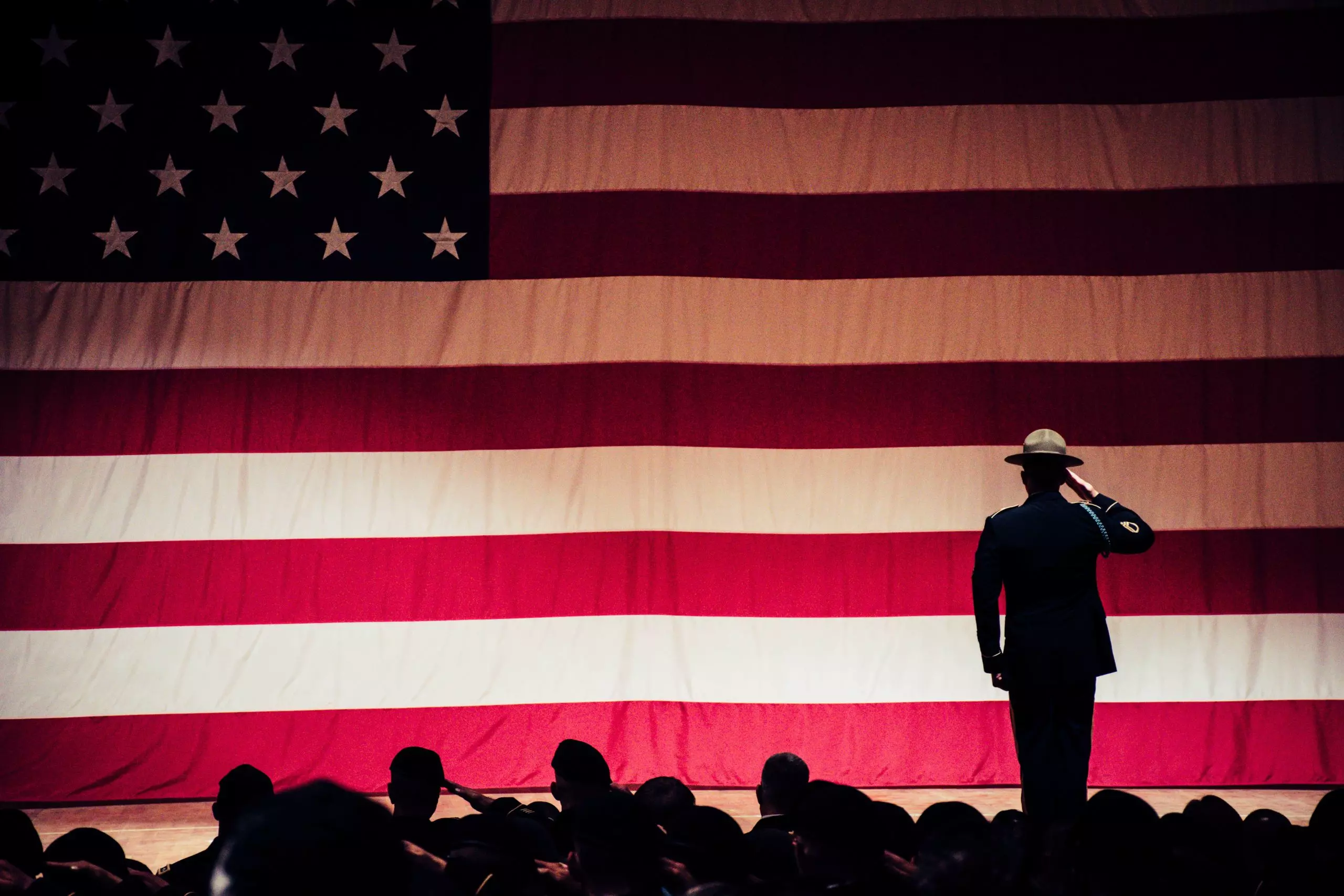
Veterans Associations and How They Can Help You - OrCam
2024-06-24 | By OrCam Staff
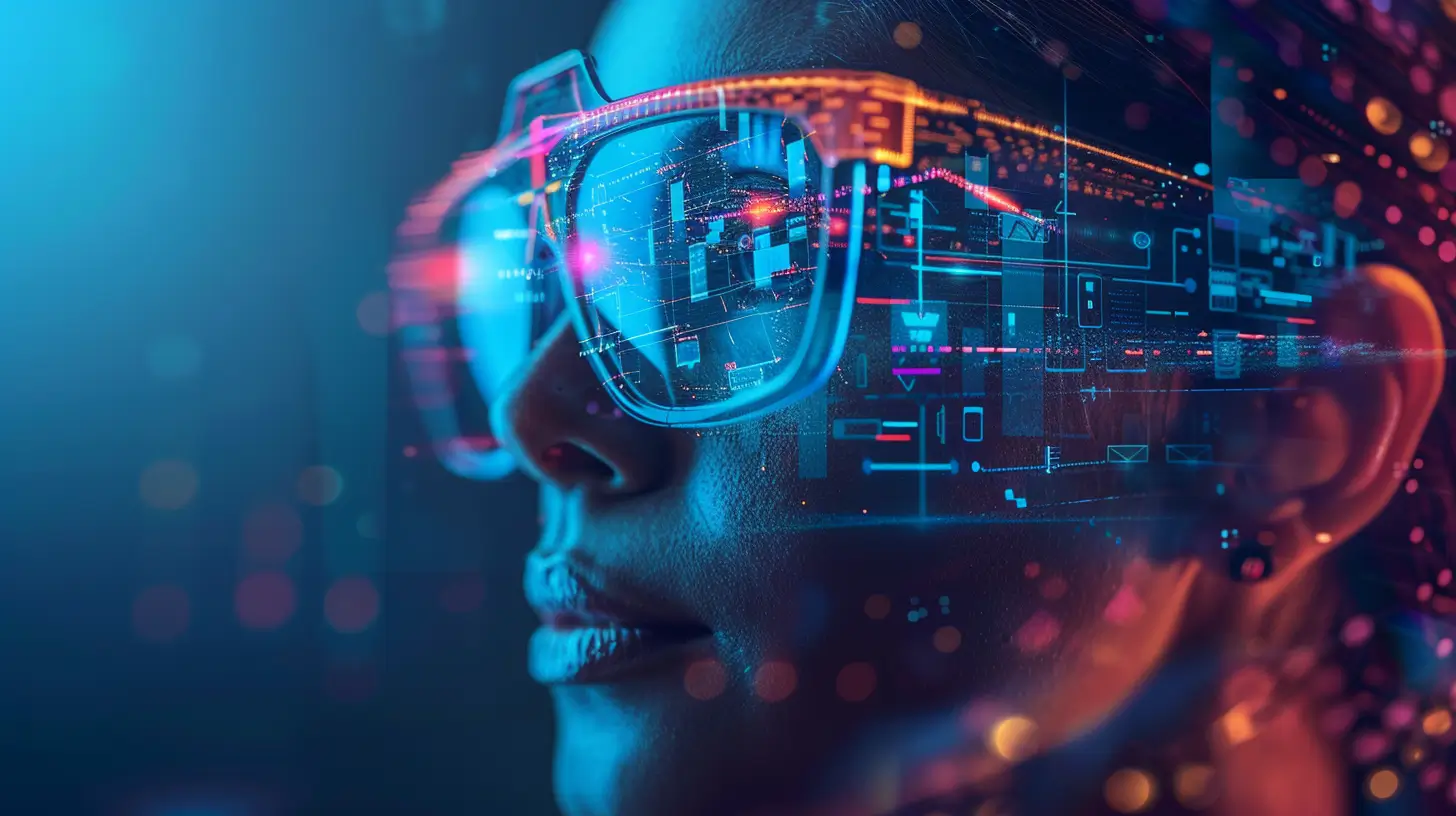
Top AI Assistive Technologies Enhancing Accessibility | OrCam
Explore how AI-driven assistive technologies are revolutionizing accessibility for individuals with disabilities.
2024-05-29 | By OrCam Staff

AI in Education: Enhancing Accessibility for All Students | OrCam
AI is changing the face of education by enhancing accessibility. Explore practical applications and success stories in educational technology.
2024-05-28 | By OrCam Staff

Revolutionizing Accessibility: How AI & IoT Enhance Assistive Technology
Explore the impact of AI and IoT on assistive tech, transforming accessibility and empowering lives with smart innovations.
2024-05-28 | By OrCam Staff
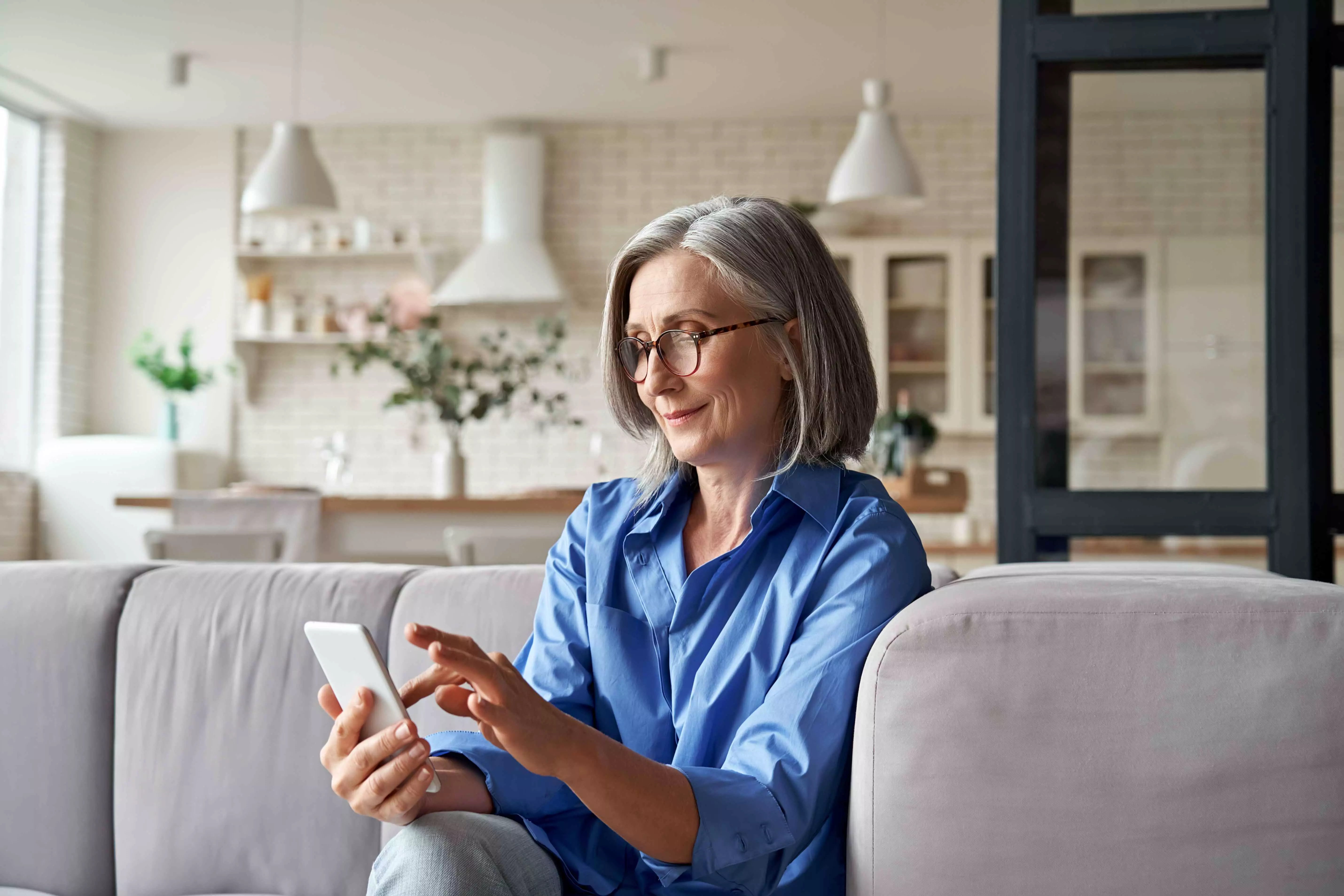
Transforming Lives: AI & IoT in Assistive Tech | Personal Stories
Read inspiring personal stories about the transformative power of AI and IoT in assistive technology.
2024-05-28 | By OrCam Staff
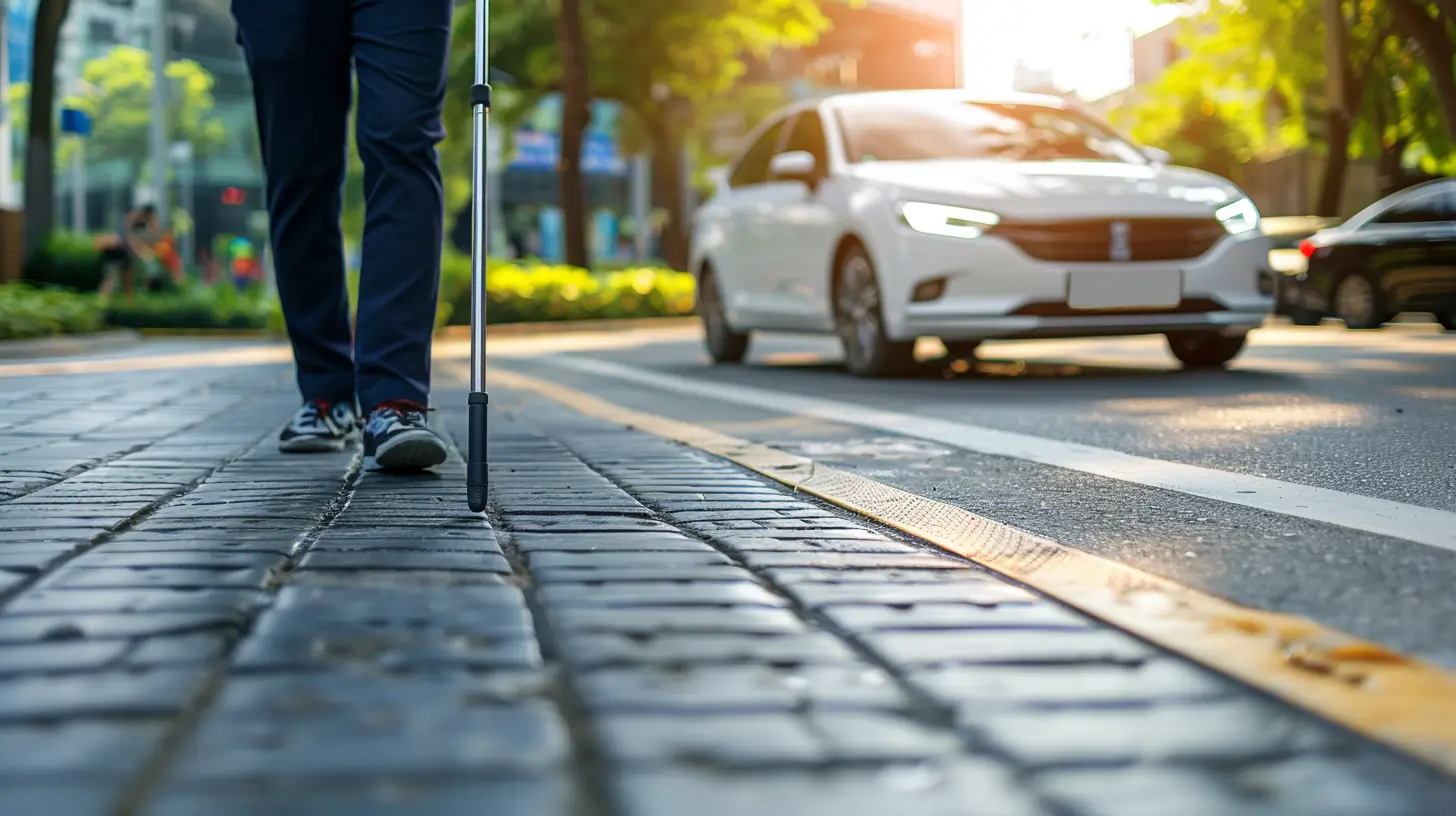
Unlock Reading Freedom: Tech for the Visually Impaired
Explore the latest in assistive technology designed to empower visually impaired individuals with independence and confidence.
2024-05-23 | By OrCam Staff



